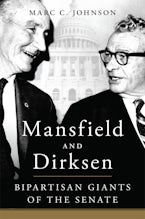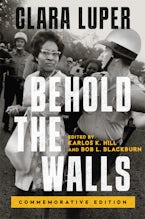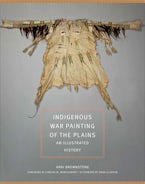Born to Serve
A History of Texas Southern University
Published by: University of Oklahoma Press
Imprint: University of Oklahoma Press
288 Pages | 6 x 9 | 35 b&w illus., 1 map
$29.95
$21.95
$24.95
Texas Southern University is often said to have been “conceived in sin.” Located in Houston, the school was established in 1947 as an “emergency” state-supported university for African Americans, to prevent the integration of the University of Texas. Born to Serve is the first book to tell the full history of TSU, from its founding, through the many varied and defining challenges it faced, to its emergence as a first-rate university that counts Barbara Jordon, Mickey Leland, and Michael Strahan among its graduates.
Merline Pitre frames TSU’s history within that of higher education for African Americans in Texas, from Reconstruction to the lawsuit that gave the school its start. The case, Sweatt v. Painter, involved student Heman Marion Sweatt, who was denied entry to the University of Texas Law School because he was black. Pitre traces the tortuous measures by which Texas legislators tried to meet a provision of the state’s constitution that called for the establishment and maintenance of a “branch university for the instruction of colored youths of the State.” When the U.S. Supreme Court ruled in 1950 that the UT Law School’s efforts to remain segregated violated the U.S. Constitution, the future of the institution that would become Texas Southern University in 1951 looked doubtful.
In its early years the university persevered in the face of state neglect and underfunding and the threat of merger. Born to Serve describes the efforts, both humble and heroic, that faculty and staff undertook to educate students and turn TSU into the thriving institution it is today: a major metropolitan university serving students of all races and ethnicities from across the country and throughout the world.
Launched during the early civil rights movement, TSU has a history unique among historically black colleges and universities, most of which were established immediately after the Civil War. Born to Serve adds a critical chapter to the history of education and integration in the United States.
Merline Pitre is Professor of History and former Dean of the College of Liberal Arts and Behavioral Science at Texas Southern University. A former President of the Texas State Historical Association, she is author of Through Many Dangers, Toils, and Snares: The Black Leadership of Texas, 1868–1898, Revised Edition, and In Struggle against Jim Crow: Lulu B. White and the NAACP, 1900–1957.
“An outstanding historian of African Americans in Texas, the South, and in America, Merline Pitre brilliantly illuminates the history of the establishment and development of Texas Southern University, a vital educational institution that became essential to the growth of a black professional class and to the long struggle for social justice and equal education.”—Darlene Clark Hine, author of Black Victory: The Rise and Fall of the White Primary in Texas
“Born to Serve stands alone as the first comprehensive history of Texas Southern University. But it is more. Merline Pitre narrates the trials and struggles each successive administration underwent to pursue TSU’s mission, develop a meritorious faculty, and produce more than 40,000 graduates, most of them African American but many of other ethnicities as well. Definitely a contribution to the field.”—Bruce A. Glasrud, coauthor of Black Cowboys in the American West
““[A] comprehensive and detailed understanding of the institutional and bureaucratic development of TSU. . . . Pitre is an outstanding historian who delivers an unusually critical and rich institutional history of TSU.”—Journal of American History
2019 -
Summerlee Book Prize,Center for History and Culture of Southeast Texas -
Joint winner
Forthcoming Events













